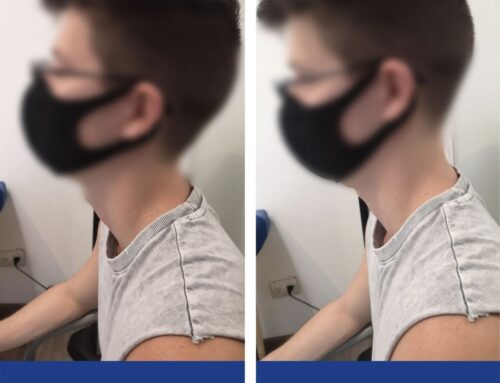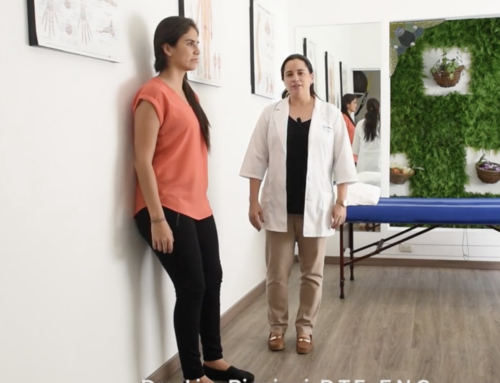Tension Headaches
What are tension headaches?
Most people describe a tension headache as a constant dull, achy feeling on both sides of the head. Some people with tension headaches also have a tight feeling in their head or neck muscles. Tension headaches usually begin slowly and gradually. They often start in the middle of the day.
Another name for this type of headache is “stress headache.” When people say they have a stress headache, they usually mean they have a tension headache. Tension headaches may be mild or severe.
How are tension headaches diagnosed?
Your doctor often can tell what kind of headache you have by examining you and hearing your description of the pain. Blood tests, x-rays or brain scans–such as computed tomography (CT) or magnetic resonance imaging (MRI)–usually are not needed.
How are tension headaches treated?
If you only have tension headaches occasionally, an over-the-counter (available without a prescription) pain reliever can probably help. When choosing an over-the-counter pain reliever, check the label for possible side effects or interactions with other medicines you are taking. Always read and follow the directions on the label carefully. If you have any questions, ask your doctor or pharmacist.
If you have tension headaches often or over-the-counter medicines don’t help your pain, you should see a doctor. He or she may prescribe some medicine that you take only when you have a headache to relieve the pain. It’s best to treat tension headaches when they begin and are still mild–before they get more painful.
Your doctor may also prescribe a medicine that you take every day, even when you don’t have a headache, to help prevent tension headaches. Your doctor will tell you which type of medicine he or she is prescribing for you.
If your tension headaches don’t get better, or if they get worse, call your doctor for further advice.
What else can I do to ease the pain of a tension headache?
Besides taking medicine, other things you can do to ease the pain of a tension headache include the following:
- Put a heat pack or an ice pack on your head or neck.
- Take a hot shower.
- Get enough rest or sleep.
- Take time away from things that are stressful. This could mean doing anything from taking a brief walk to going on a long vacation.
- Get regular exercise of all types. Work up to exercising for 30 to 60 minutes, 4 to 6 times a week.
To obtain full text:
http://familydoctor.org/online/famdocen/home/common/brain/disorders/172.html
What are tension headaches?
Most people describe a tension headache as a constant dull, achy feeling on both sides of the head. Some people with tension headaches also have a tight feeling in their head or neck muscles. Tension headaches usually begin slowly and gradually. They often start in the middle of the day.
Another name for this type of headache is “stress headache.” When people say they have a stress headache, they usually mean they have a tension headache. Tension headaches may be mild or severe.
How are tension headaches diagnosed?
Your doctor often can tell what kind of headache you have by examining you and hearing your description of the pain. Blood tests, x-rays or brain scans–such as computed tomography (CT) or magnetic resonance imaging (MRI)–usually are not needed.
How are tension headaches treated?
If you only have tension headaches occasionally, an over-the-counter (available without a prescription) pain reliever can probably help. When choosing an over-the-counter pain reliever, check the label for possible side effects or interactions with other medicines you are taking. Always read and follow the directions on the label carefully. If you have any questions, ask your doctor or pharmacist.
If you have tension headaches often or over-the-counter medicines don’t help your pain, you should see a doctor. He or she may prescribe some medicine that you take only when you have a headache to relieve the pain. It’s best to treat tension headaches when they begin and are still mild–before they get more painful.
Your doctor may also prescribe a medicine that you take every day, even when you don’t have a headache, to help prevent tension headaches. Your doctor will tell you which type of medicine he or she is prescribing for you.
If your tension headaches don’t get better, or if they get worse, call your doctor for further advice.
What else can I do to ease the pain of a tension headache?
Besides taking medicine, other things you can do to ease the pain of a tension headache include the following:
- Put a heat pack or an ice pack on your head or neck.
- Take a hot shower.
- Get enough rest or sleep.
- Take time away from things that are stressful. This could mean doing anything from taking a brief walk to going on a long vacation.
- Get regular exercise of all types. Work up to exercising for 30 to 60 minutes, 4 to 6 times a week.
To obtain full text:
http://familydoctor.org/online/famdocen/home/common/brain/disorders/172.html





